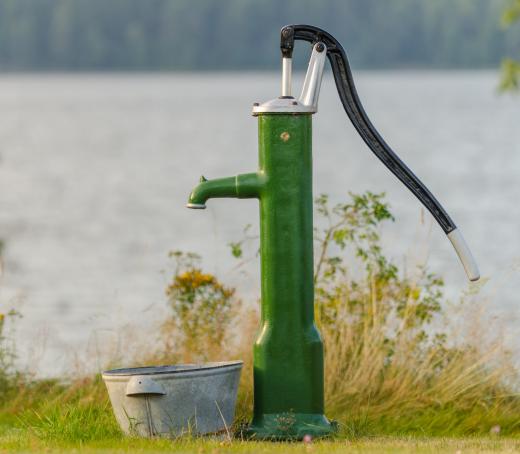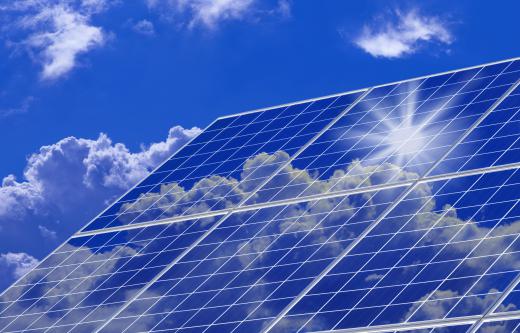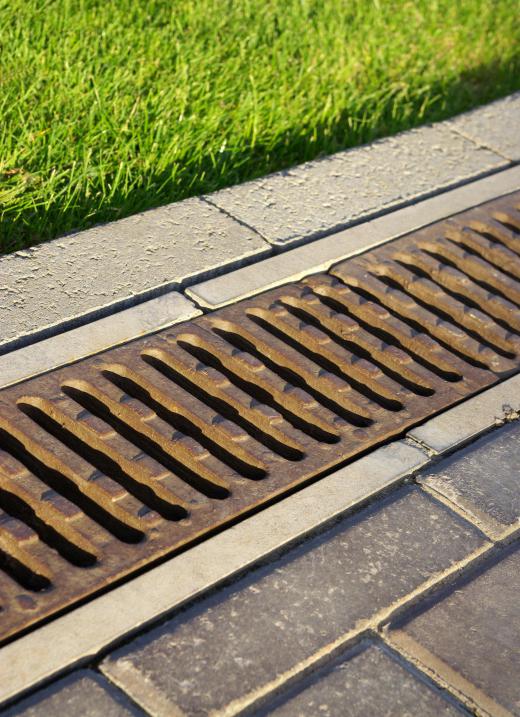Water pumping is a term used to describe the process of moving water from one area – usually a body of water, a well, or a container – to another area. From obtaining water for drinking, cooking, and bathing to draining water from a swimming pool, lake, or a flooded basement, water pumping can be used for a wide range of tasks. Pumping can also be used to perform functions like irrigation, lawn watering, and sewage treatment. Energy is required in order to move water for these purposes, and water pumping typically works by using pressurized pumping systems that are designed to shift water.
Some of the common pumps used in water pumping include solar, water well, and electric pumps as well as submersible, hand, sump, and vehicle water pumps. A solar water pump usually works by using solar panels in order to extract water. Solar pumps are designed to be more environmentally friendly than other types of pumps, and they are often less expensive in the long run. A water well pump is simply a device used to remove water from a well. Well pumps can be operated manually, mechanically, or by using air or solar power.

An electric water pump is a pumping device powered by electricity. Many submersible water pumps fall into this category. A submersible water pump is a gadget that is placed underwater in order to pump. Most have hermetically sealed motors, and they work by propelling water to the surface. Submersible water pumping is often used in aquarium filters or swimming pools as well as in drainage and sewage systems.

A hand water pump relies on mechanical design as well as human power in order to transport water from one location to another. It is often the primary source for obtaining water for drinking, cooking, and washing in rural villages that do not have access to modern plumbing. In many developing countries, hand water pumping is preferred over other methods of securing water, such as a bucket and rope system, because it provides a more hygienic way of obtaining water.

Sump pumps are devices used to get rid of water that has collected in some type of hollow. They are often used in residential basements when flooding occurs. They work by pumping water away from the hollow and to another area like a well or storm drain. A vehicle water pump is usually placed in a vehicle’s cooling system for the purpose of circulating fluid while the engine is running in order to keep the vehicle cool.
